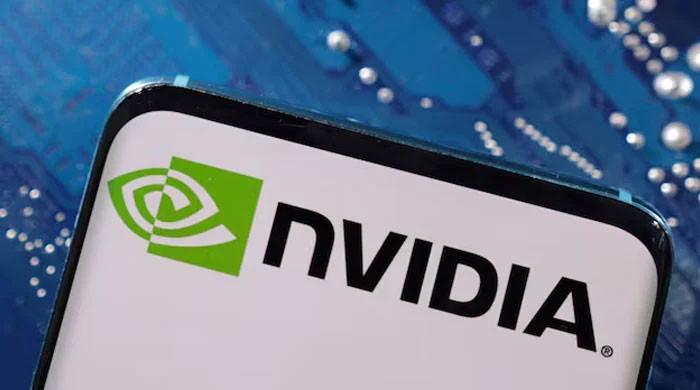Kejriwal's Resignation Sparks Political Discontent
Delhi Chief Minister Arvind Kejriwal's abrupt resignation announcement stirs controversy and differing opinions among political factions and the general public.
Published September 16, 2024 - 00:09am

Image recovered from deccanherald.com
New Delhi: In a dramatic twist of events, Delhi Chief Minister Arvind Kejriwal has announced his resignation, pledging to step down from his position within two days. This declaration comes after Kejriwal spent nearly six months in custody related to the Delhi excise scam, provoking a storm of reactions from political parties and the public alike.
The announcement, made at the Aam Aadmi Party (AAP) headquarters, caught many by surprise. Kejriwal, who has led the Delhi government for the past six months under the cloud of allegations, stated that he would only return as Chief Minister if the people provide him a certificate of honesty in the upcoming Assembly elections. This move, seen by some as a strategic ploy to garner public sympathy, has been met with mixed reactions.
Kejriwal's decision to resign has not been without its critics. BJP National Secretary Manjinder Singh Sirsa accused him of maneuvering to position his wife as the next Chief Minister. Meanwhile, BJP national spokesperson Pradeep Bhandari dismissed it as a mere PR stunt, questioning the genuineness of Kejriwal's intentions. Dr. Sudhanshu Trivedi, another BJP spokesperson, argued that Kejriwal's resignation alone would not suffice and called for the dissolution of the entire Cabinet in connection with the liquor scam.
Conversely, members of the AAP have rallied in support of Kejriwal. Delhi Education Minister Atishi painted a picture of relentless harassment by the BJP, asserting that thousands of raids had yet to produce concrete evidence against the AAP leadership. She claimed that the BJP's tactics were driven by fear of an electoral backlash from the angry electorate of Delhi, predicting a sweeping victory for AAP in the upcoming elections.
AAP leader Jasmine Shah hailed Kejriwal's resignation as a bold move to redefine honesty and morality in Indian politics, despite the ongoing allegations. Emphasizing that Kejriwal's struggle would continue, Shah depicted the resignation as a historic moment, bringing the battle against corruption to the court of public opinion.
The resignation has also reignited discussions around Kejriwal's political strategy. His call for early elections in November, aligned with the Maharashtra elections, is perceived by many as an attempt to capitalize on the current political turmoil. Kejriwal demanded immediate elections, insisting that only through the people's vote can his integrity be truly validated.
Released recently on bail by India's Supreme Court, Kejriwal remains a polarizing figure. His party, having quickly risen from an anti-corruption crusade to a significant political force, remains relatively smaller compared to older opposition parties. The AAP had anticipated that Kejriwal's release would bolster his campaign efforts for the upcoming regional and state elections, but his resignation introduces an element of unpredictability.
Social media has been ablaze with reactions to Kejriwal's announcement. While there are expressions of support, many users have taken to platforms like X and Facebook to voice their criticism. Detractors describe his tenure as disastrous and accuse him of stalling the electoral process by delaying his resignation. The backlash reflects the mounting dissatisfaction among segments of the public who feel Kejriwal's time in office has been marred by controversy and inefficacy.
The resignation has spurred reactions from a broad spectrum of political figures and commentators. BJP national spokesperson Pradeep Bhandari reiterated the party's stance, labeling Kejriwal's move as a desperate attempt at image management. He argued that the AAP is now widely associated with corruption, a narrative Kejriwal may find hard to shake off.
Amidst this cacophony, there are voices that see Kejriwal's resignation as a potential turning point. Supporters within and outside the AAP frame it as a courageous decision that places the onus on the electorate to judge Kejriwal's integrity. Others, however, remain skeptical, questioning whether this strategic gambit will pay off in the long run.
The next steps in Delhi's political landscape will be crucial. With AAP slated to hold a party meeting shortly, the nomination of a successor or the announcement of early elections could shape the future of the party and its leadership. Kejriwal's gamble could either consolidate his support base or backfire, exacerbating the existing discontent among voters.
As political observers and the general public await the developments in the coming days, Kejriwal's resignation stands as a significant moment in Indian politics, symbolizing the ongoing struggle between political integrity and public perception.







